A rapidly changing Arctic

A new study found that freshwater runoff from rivers and continental shelf sediments are bringing significant quantities of carbon and trace elements into parts of the Arctic Ocean via the Transpolar Drift — a major surface current that moves water from Siberia across the North Pole to the North Atlantic Ocean.
Greenland, Antarctica Melting Six Times Faster Than in the 1990s
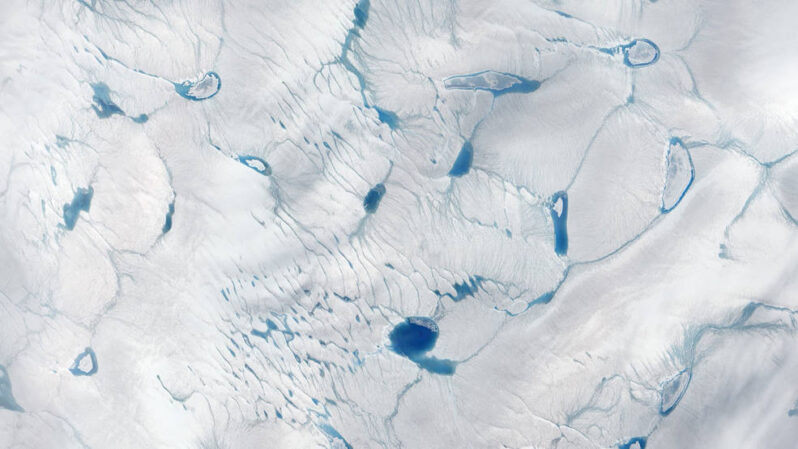
If the current melting trend continues, the regions will be on track to match the “worst-case” scenario of the Intergovernmental Panel on Climate Change (IPCC) of an extra 6.7 inches (17 centimeters) of sea level rise by 2100.
Op-Ed: California’s beaches closures offer a glimpse of the likely future. That should frighten us
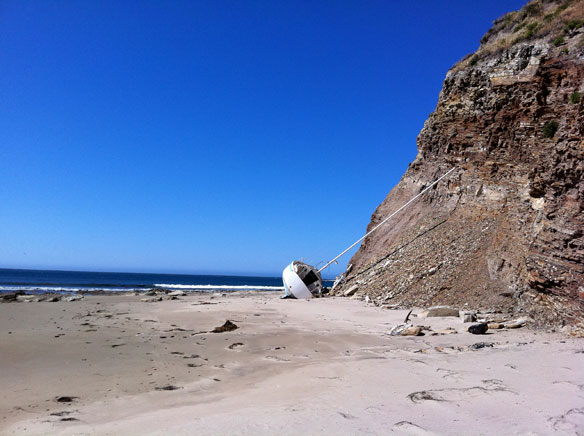
For the first time in history, most people in Southern California, under stay-at-home orders, are completely banned from surfing, sunbathing, fishing or building sandcastles at the ocean’s edge. The current beach closures are giving us a glimpse of Southern California’s likely future: one with fewer and smaller beaches nearly as inaccessible as they are right now.
Ships’ emissions create measurable regional change in clouds

Years of cloud data over a shipping route shows that pollution from ships has significantly increased the reflectivity of the clouds. The results suggest that industrial pollution’s effect on clouds has masked about a third of the warming due to fossil fuel burning since the late 1800s.
Ocean species are shifting toward the Poles
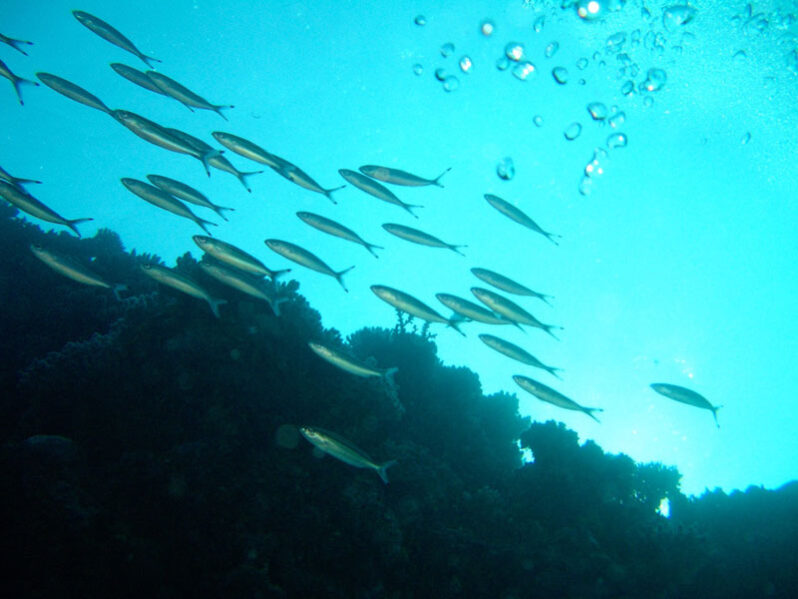
Concentrations of marine animal populations have been shifting away from the equator and toward the poles during the course of the past century, according to one of the most comprehensive analyses of marine species distributions to date.
Plants and animals aren’t so different when it comes to climate
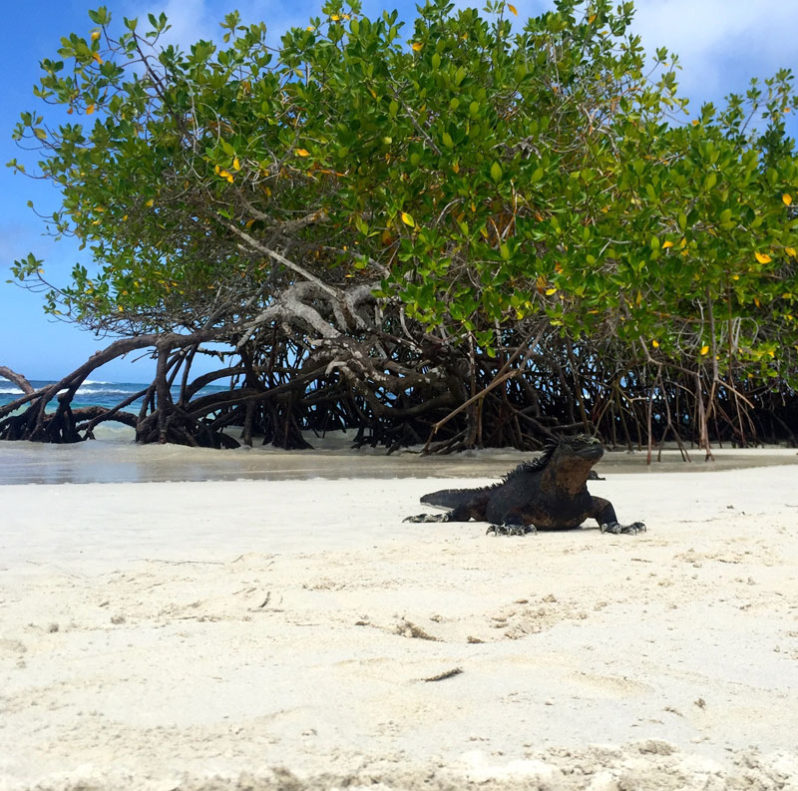
Despite fundamental differences in their biology, plants and animals are surprisingly similar in how they have evolved in response to climate around the world, according to a new study.
Hidden source of carbon found at the Arctic coast
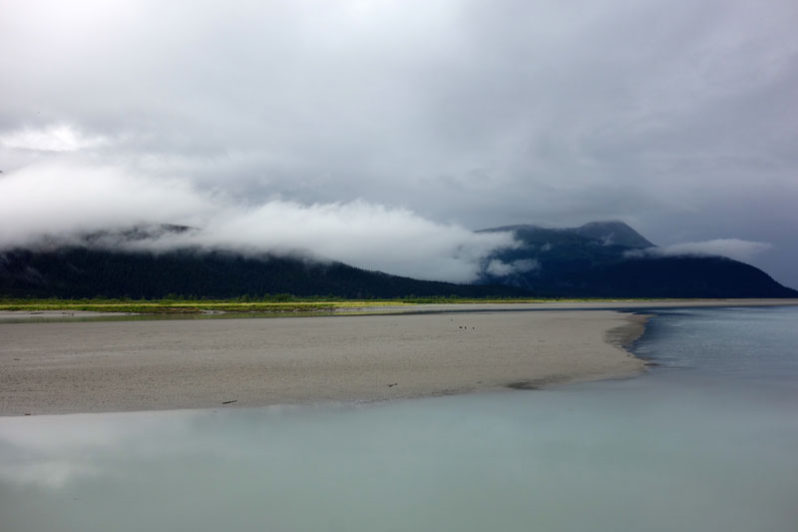
A previously unknown and significant source of carbon just discovered in the Arctic has scientists both marveling at a once overlooked contributor to local coastal ecosystems and concerned about what it may mean in an era of climate change.
East Antarctica’s Denman Glacier has retreated almost 3 miles over last 22 years
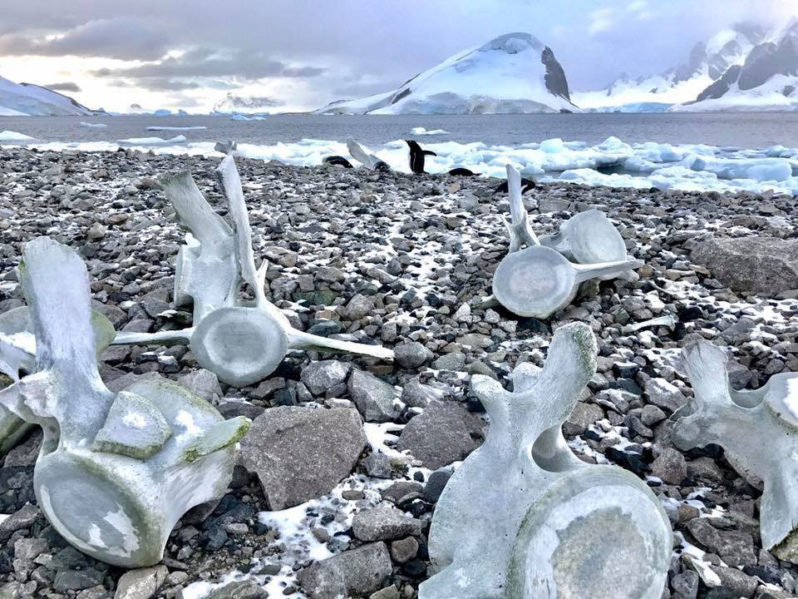
East Antarctica’s Denman Glacier has retreated 5 kilometers, nearly 3 miles, in the past 22 years, and researchers are concerned that the shape of the ground surface beneath the ice sheet could make it even more susceptible to climate-driven collapse.
Beyond your doorstep: What you buy and where you live shapes land-use footprint
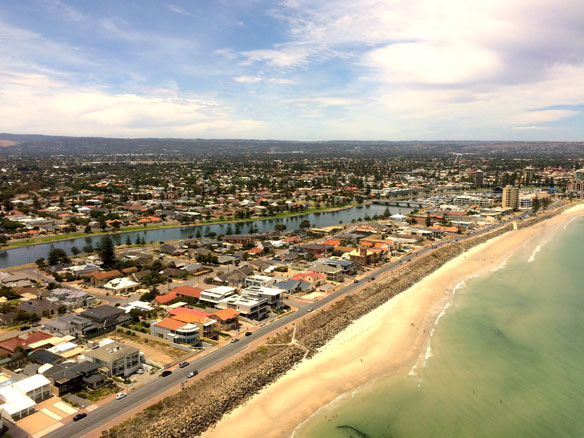
In recent years, the attention of scientists and environmentalists has turned toward how population growth and urban expansion are driving habitat loss and an associated decline in ecosystem productivity and biodiversity. But the space people directly occupy is only one part of the land-use puzzle, according to new research.
